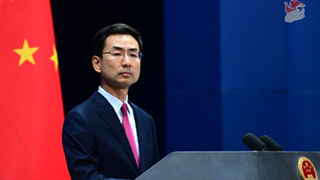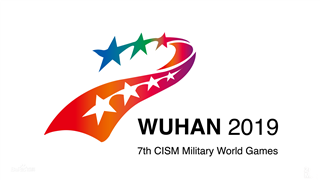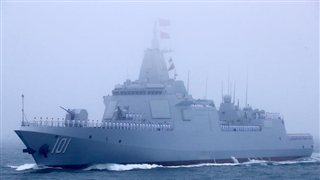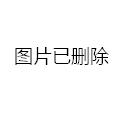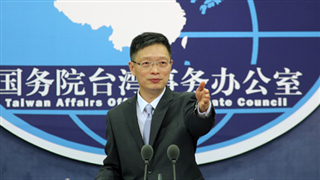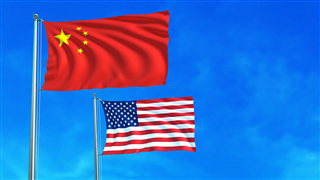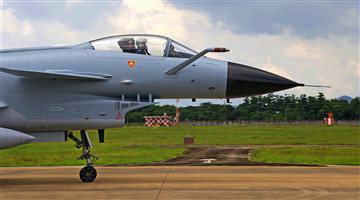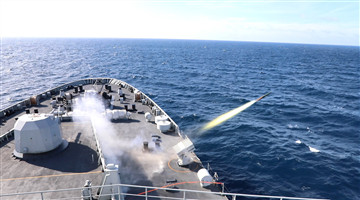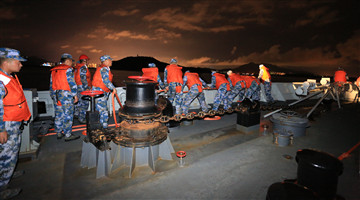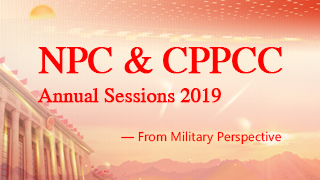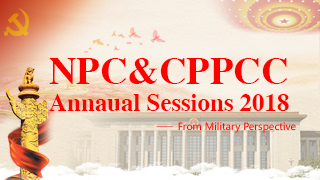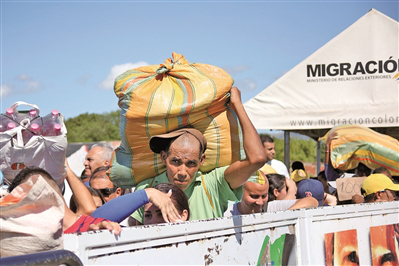
Venezuela partially opens border with Columbia that was closed in February.
The continuing turmoil in Venezuela has turned a corner. With senior US officials declaring that there are serious differences within the US-backed Venezuela's opposition, and Russia and other countries continuing to support the Maduro administration, the situation in Venezuela has returned to a stable state.
The opposition has been deeply divided
Since the Venezuelan opposition leader Juan Guaido declared himself as the interim president on January 23, 2019, the United States and other Western countries have publicly shown their support to the opposition led by Juan Guaido, and requested the Venezuelan incumbent President Maduro to step down, by posing diplomatic pressure, economic sanctions and military threats, and even launching an attempted coup in cooperation with people including Juan Guaido on April 30.
After the attempted coup, the opposition headed by Juan Guaido began to seek negotiations with Maduro’s government. On May 16, Venezuela’s government and opposition held the first round of “secret meeting” in Oslo, capital of Norway, for a peaceful solution to their domestic political conflicts. Since then, the social situation in Venezuela has been basically stable, and the opposition has not organized large-scale demonstrations. On May 29, the two sides ended their second round of dialogue in Oslo with no consensus reached. Juan Guaido issued a statement on the same day saying that his representative had asked the incumbent President Maduro to step down and participate in re-election to resolve the domestic crisis, but the two sides did not reach any agreement. The document said the opposition would continue to try to overthrow the Maduro government within the constitutional framework, and would attend the dialogues in Oslo. On the other hand, President Maduro said that the solution to domestic crisis is to safeguard peace, respect the constitution, and promote harmonious coexistence and economic development. “According to the opinion poll, over 80% of the Venezuelan people support the peace dialogue”, added Maduro.
The negotiations failed to achieve the expected results, and the Venezuelan opposition has had serious internal differences according to recent reports. The Washington Post, a major American daily newspaper, reported on June 5 that US Secretary of State Mike Pompeo recently said at a closed meeting in New York that there are differences within the Venezuelan opposition which are quite difficult to bridge. Pompeo pointed out: “Our conundrum, which is to keep the opposition united, has proven devilishly difficult. The moment Maduro leaves, everybody’s going to raise their hands and [say], ‘Take me, I’m the next president of Venezuela.’ It would be forty-plus people who believe they’re the rightful heir to Maduro.”
The Venezuelan government is trying to escape from getting isolated
In stark contrast to the opposition’s chaos, the Venezuelan government led by President Nicolas Maduro has gradually stepped out of its predicament of isolation with the external support and through its own efforts.
Russian President Vladimir Putin pointed out on June 6 that Russia has consistently opposed external forces’ interference in other countries’ internal affairs, which would inevitably lead to very serious and even tragic consequences. Both the chaotic situations in Libya and Iraq are the most convincing examples. Putin emphasized that Russia had neither built military bases, nor sent troops there, while at the same time, the US sanctions against Venezuela were hurting Venezuelan ordinary people and the world economy. Before President Putin’s statement, the Russian Foreign Ministry had called on the United States to abandon the destructive policy of splitting the Venezuelan armed forces. Russian ambassador to Venezuela Vladimir Zaemsky refuted the news that “Russian military and technical personnel were evacuated from Venezuela”, accusing that a piece of news inconsistent with reality, and reaffirmed that Russian experts are working in Venezuela as scheduled.
Miguel Díaz-Canel Bermúdez, President of Cuba’s Council of State of and President of the Council of Ministers, also expressed his solidarity with the Venezuelan government led by Maduro on June 8, saying that Cuba and Venezuela will remain united and jointly face the sanctions and blockades imposed by the United States. Miguel Díaz-Canel Bermúdez twitted that Cuba and Venezuela would jointly face and overcome threats as well as unjust sanctions and blockades with dignity. In addition, Raúl Castro, the First Secretary of the Communist Party of Cuba, recently reiterated Cuba’s support for Venezuelan President Maduro when meeting with Diosdado Cabello, President of Venezuela’s National Constituent Assembly.
The Venezuelan government has recently sought to ease tensions with neighboring countries and improve its tight diplomatic relations this year through dialogues with Western countries. Its Deputy Foreign Minister Ivan Gil told German media on May 28 that although the Venezuelan government led by President Maduro is dissatisfied with Germany’s interference in its internal affairs, it is still willing to hold talks with Germany and seek normalization of relations between the two countries. Earlier this year, the German government had followed the United States casting their support behind opposition leader Juan Guaido, and in March, the Venezuelan government expelled Daniel Kriener, the German ambassador to Venezuela.
In addition, Maduro announced on the evening of June 7, that under the premise of full exercise of national sovereignty, Venezuela has decided to reopen part of the border with neighboring Colombia since June 8. Prior to this, the Venezuelan government announced the temporary closure of part of the border between Venezuela and Colombia on February 22 as the United States transported hundreds of tons of “humanitarian aid” to Cucuta, a border town in northeastern Colombia.
Also, the Venezuelan government has adopted new measures to reduce the possible adverse effects of US sanctions. Venezuelan Oil Minister Manuel Quevedo recently told Russian media during the St. Petersburg International Economic Forum that due to US sanctions, Venezuela is gradually replacing the US with Russia as its oil sales market, while considering other markets, including India. Simon Zerpa, the People’s Power Minister of Economy and Finance, also said that Venezuela believes that countries like Russia could help Venezuela protect the security of its financial assets.
The prospect of peace is not optimistic
Judging from the current situation, with the joint efforts of the international community and the Venezuelan government, the situation in Venezuela has returned to a relatively stable state for the time being after the “roller coaster” turmoil this year. The Venezuelan opposition headed by Juan Guaido is not “in power” as the United States expected, and the strong anti-American momentum among Venezuelan masses has also made it impossible for the United States to intervene for the time being. However, the easing of the current situation in Venezuela does not mean that the dawn of peace will soon come. Multiple indications, including the living conditions and reform demands of the Venezuelan people, the open contest between the Maduro government and the opposition represented by Juan Guaido, and the secret strength trial between the US-led Western countries and countries like Russia or Cuba, have shown that the current de-escalation is more likely to be the calm before the storm.
In the future, the United States will undoubtedly continue to support the Venezuelan opposition and exert pressure on the Venezuelan government led by President Maduro through diplomatic, military, and economic approaches, in order to achieve the goal of overthrowing the current regime and consolidating the strategic interests and advantages of the United States in Latin America. At present, Juan Guaidohas been criticized in Washington. It is reported that the Trump administration has planned to replace its “agent” in Venezuela. Whether these reports are authentic or not, it can be seen that the United States will never sit back and watch the situation in Venezuela developing in a direction favorable to the Maduro government, despite the fact that the Venezuelan opposition is in a state of disunity.
Meanwhile, with the unremitting efforts of the international community, an important opportunity for the peaceful resolution of the Venezuelan issue has emerged. In particular, some Western countries are no longer following the lead of the United States, and have recognized that the Venezuelan issue can only be resolved peacefully and independently through consultations and dialogues within Venezuela. Most countries in the world, especially Latin American countries, have come to realize that if unilateralism and bullying are rampant, the Venezuelan crisis will never be resolved. If the international community can work together to deal with unilateralism, and the factions in Venezuela can work hard to resolve differences through consultations, Venezuela will surely see the light at the end of the tunnel.
